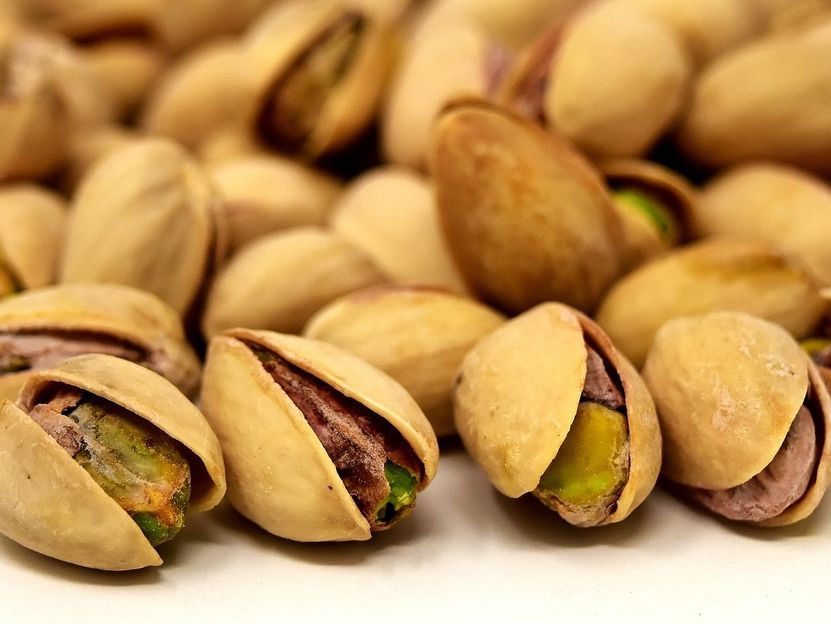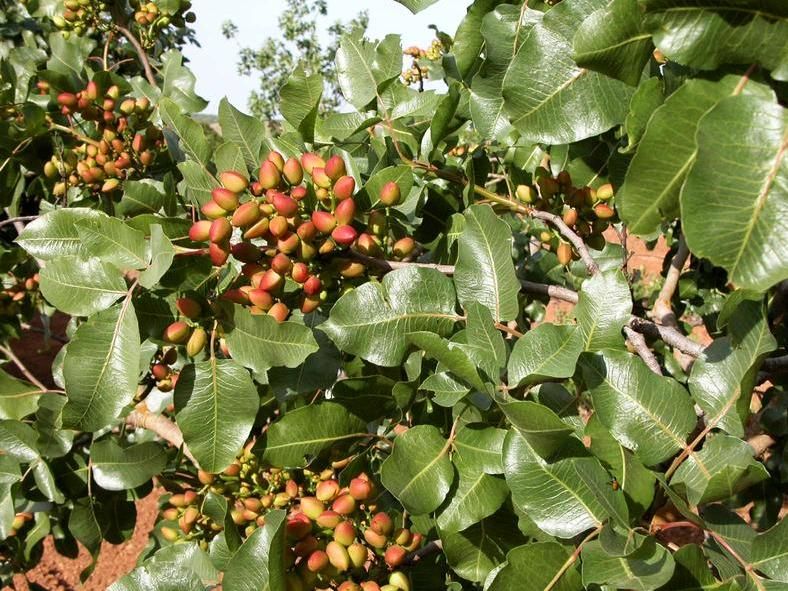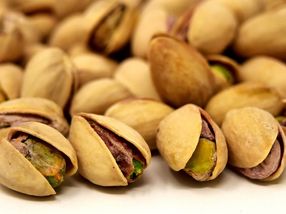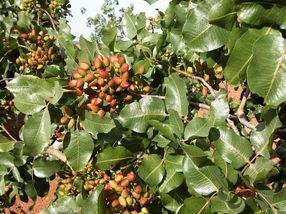Withstanding climate change: a grant for researching pistachios
Scientists wins the 2020 HiFi for All SMRT Grant for sequencing the DNA and RNA of pistachios
The biotechnology company PacBio funds a collaborative research project which will significantly advance the knowledge about the genetic built of pistachios. Scientists from the IVICAM-IRIAF in Spain, the Council for Agricultural Research and Economics in Italy, the University of Palermo, the Max Planck Institute for Developmental biology, and the University of California, Davis will work together to lay the foundations for making pistachios more resilient to climate change.

Alexas_Fotos / Pixabay

Esaú Martínez


Pistachios are highly nutritious and can withstand periods of drought and warm climate. They are indeed used to replace other crops in regions affected by global warming and shifts in precipitation patterns. But even pistachios are affected by the changing climate: Normally, the tree will start to blossom when it has experienced cold temperatures over a certain amount of time. With increasingly warm winters, this in-built timing mechanism is disrupted, and the harvest in main producing areas like Iran, California, Spain, and Italy can decrease or even be null in some seasons. “Pistachio farmers are already starting to experience the negative effects of climate change,” cautions Esaú Martínez of the CIAG-IRIAF in Spain. These effects are likely to become more even noticeable in the future.
Some pistachio cultivars are better adapted to warmth than others
Interestingly, the resilience towards climate change varies between cultivars. The team of researchers thus sets out to identify gene variants that enable adaptability. “We will seek for genome variation in six pistachio cultivars that differ in chilling requirement of flowering induction, fruit size, and sex,” explains Pablo Carbonell-Bejerano of the Max Planck Institute for Developmental Biology in Tübingen. These cultivars are highly heterozygous, meaning that for many of their genes they harbor contrasting copies on the set of chromosomes inherited from each of their two parents. What makes them even more interesting for breeding is their high haplotype diversity: many variants of a chromosome set are likely to be found in the population.
A significant advance in understanding the pistachio genome
The researchers were granted PacBio High-Fidelity (HiFi) sequencing for ten single-molecule real time (SMRT) cells. That will allow to determine with high accuracy the sequence of nucleotides in the DNA of the whole genome of pistachio cultivars. After collecting samples in Spain this spring, the material will be processed at the Gentyane facility in Auvergne. The researchers will also sequence the RNA transcribed in different organs of each cultivar to determine where the encoding genes locate in their genomes as well as to identify variation in transcript forms expressed among cultivars. “This is a great opportunity to advance genomic resources to aid pistachio breeding,” stresses Carbonell-Bejerano. The researchers hope to gain a better understanding of the origin of diversity in relevant agronomic traits. Their findings will help identify which variants make pistachios more resilient to the challenges of climate change and might provide a basis for climate adaptation through breeding.
Most read news
Organizations
Other news from the department science

Get the food & beverage industry in your inbox
By submitting this form you agree that LUMITOS AG will send you the newsletter(s) selected above by email. Your data will not be passed on to third parties. Your data will be stored and processed in accordance with our data protection regulations. LUMITOS may contact you by email for the purpose of advertising or market and opinion surveys. You can revoke your consent at any time without giving reasons to LUMITOS AG, Ernst-Augustin-Str. 2, 12489 Berlin, Germany or by e-mail at revoke@lumitos.com with effect for the future. In addition, each email contains a link to unsubscribe from the corresponding newsletter.



























































